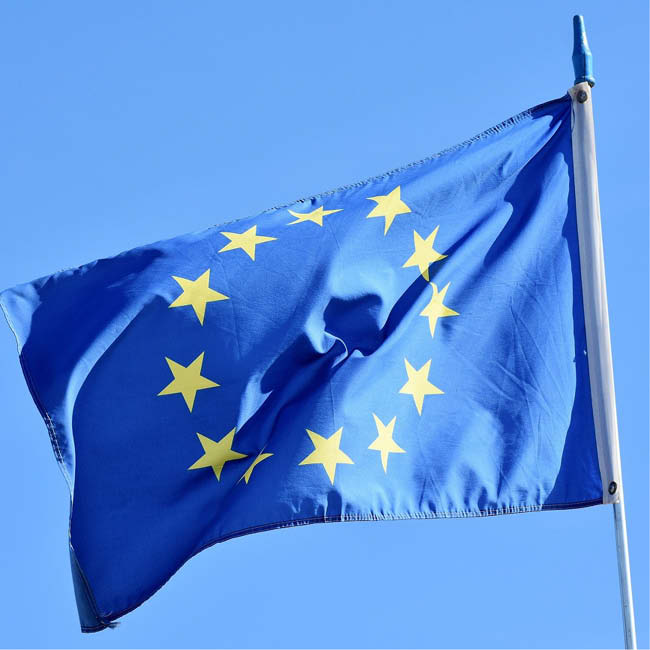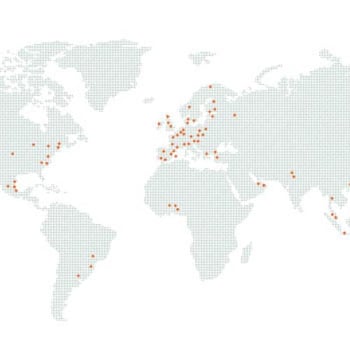-
Undergraduate
Prep4University Preparatory Course
Bachelor Exchange Programmes
-
Graduate
Topics Full-Time Master Programmes Part-Time Master Programmes MBA Pre-Master Digital Marketing Certificate Double Degree Master
English-taught
English-taught
German-taught
Part-Time
Part-Time
Double Degree Master
-
Campus & Student Life
Locations
Campus Cologne
Campus Mainz
Campus Berlin/Potsdam
Incoming Students
Outgoing Students
International Office
- Careers & Networking
- About Us
Undergraduate
-
Back
- Overview
- Topics
- Full-Time Bachelor Programmes
-
Studienkolleg / Prep4University
-
Back
-
Prep4University Preparatory Course
-
-
Exchange Programmes
-
Back
-
Bachelor Exchange Programmes
-
Graduate
-
Back
- Overview
- Topics
-
Full-Time Master Programmes
-
Back
-
English-taught
- Overview
- Business Psychology Management (M.Sc.)
- Digital Marketing (M.A.)
- Digital Transformation Management (M.A.)
- Financial Management (M.A.)
- Global Finance (M.Sc.)
- Global Supply Chain Management (M.Sc.)
- HRM & Leadership (M.A.)
- International Business - IB (M.A.)
- IB - Marketing Management (M.A.)
- Strategic Management & Consulting (M.Sc.)
- Tourism & Sustainable Management (M.A.)
-
German-taught
- Controlling & Finanzmanagement (M.A.)
- Digitale Transformation (M.A.)
- General Management (M.A.)
- Management von Familienunternehmen (M.A.)
- Marketing Management (M.A.)
- Nachhaltiges Management (M.A.)
- Personal- & Changemanagement (M.A.)
- Sales Management & Vertriebspsychologie (M.A.)
- Strategisches Management & Consulting (M.A.)
- Sportmanagement & Angewandte Sportpsychologie (M.A.)
- Wirtschaftspsychologie (M.A.)
- Nachhaltiges Management (M.A)
-
-
Part-Time Master Programmes
-
Back
-
English-taught
-
German-taught
-
-
MBA
-
Back
-
MBA
-
- Pre-Master
- Digital Marketing Certificate
-
Double Degree Master
-
Back
-
Double Degree Master
-
Campus & Student Life
-
Back
- Campus & Student Life Overview
-
Locations
-
Back
-
Locations
-
Campus Cologne
-
Campus Mainz
-
Campus Berlin/Potsdam
-
-
International
-
Back
-
Incoming Students
-
Outgoing Students
-
International Office
-
-
Student Life
-
Back
-
Student Life
-
Careers & Networking
About Us











